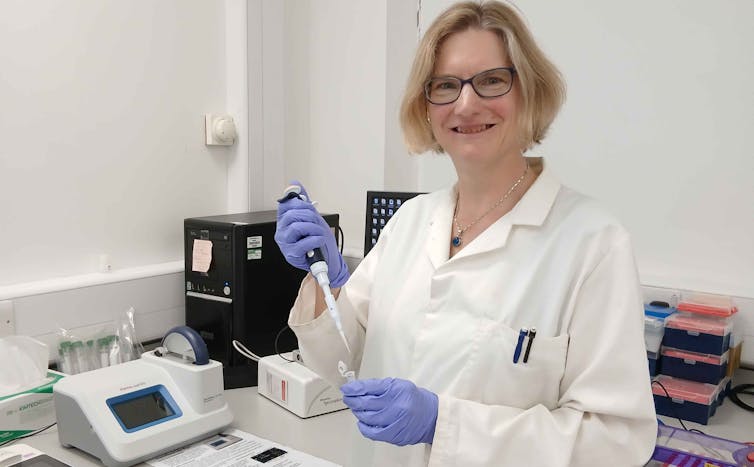Many Britons enjoy a curry served with a heap of fluffy white basmati rice, its delicate aroma balancing the heat of the dish. But few stop to think about the grainโs long journey. From the paddy fields of India and Pakistan, through regional markets and rice mills, then matured for a year in silos before being shipped in bulk to the UK.
It then passes through one of the countryโs 16 processing sites before reaching supermarket shelves. The UK imports around of basmati rice every year โ making it one of the worldโs biggest markets.
This summer, consumers got a glimpse of what could potentially happen when that supply chain goes wrong. in late July after investigators found different types of rice in bags being passed off as a well-known basmati brand.
The National Food Crime Unit uncovered the alleged fraud when tests showed the wrong type of rice inside premium-brand packets. The operation began in Leicester, where police arrested a man suspected of repackaging ordinary rice into counterfeit basmati bags. Three more arrests followed in London. The Food Standards Agency (FSA) says the investigation is ongoing and no charges have been brought.
Basmati is a prestigious grain, prized for its nutty flavour and popcorn-like aroma. Alongside jasmine from Thailand and Italyโs arborio, it sits at the top of the speciality rice market. When shoppers buy a packet of basmati, they expect quality. If it falls short, they may feel cheated and think twice about buying that brand again.
To prevent this, the UK operates strict rules under the . The code sets out which varieties can legally be called basmati, how they may be blended and what level of non-basmati grain is tolerated.
There must not be more than 7% of another rice variety in a packet. Itโs a figure reduced from 20% two decades ago, but which cannot be lowered further because of the realities of handling multiple varieties in large mills.
This code was agreed by the Rice Association and the British Retail Association, and it applies across Europe. When exporters in India and Pakistan develop new basmati varieties, samples are sent to the Rice Association in London for approval.
An important tool in enforcing these rules is DNA testing. Every grain carries a genetic fingerprint that can confirm whether it belongs to one of the approved basmati varieties.
Public analyst laboratories regularly test shipments entering the UK and EU. The FSA also runs an annual survey of basmati products bought at random from retailers.
The current for basmati authentication was developed through collaboration between my colleagues and me at ฟ์ป๎ำฐิบ, the FSA and public analysts.

We profiled hundreds of rice varieties and continue to the markers used to identify basmati. Before the method was approved, our team ran blind tests of results from known spiked mixtures of grains across different laboratories to ensure reliable results.
An age-old problem with modern costs
Food fraud is nothing new. For centuries, unscrupulous traders have substituted cheaper goods or mislabelled products.
While swapping rice is less harmful than adulterating food with toxic substances, it still matters. Consumers resent being duped, brands suffer reputational damage and companies that play by the rules lose out. The stakes are high because the UK rice industry is worth .
There are points of vulnerability every time the grains get passed from one trader to the next. It is not known whether it mainly takes place overseas. Economic pressures may be making the problem worse. As the UK experiences sluggish economic growth, opportunities for may be increasing.
Counterfeiting is easier to identify using DNA testing than when known mixtures of varieties are introduced further up the food chain. It is probable that some of the less well-known brands of rice sold in the UK may contain varieties that are not listed in the basmati code of practice. These could easily slip through the DNA test because complex mixtures can be made to contain all the right molecular signatures.
Even so, food sold in the UK is among the most closely regulated in the world because of the work done by the FSA. Their National Food Crime unit leads the fight against food crime as exemplified by the recent case of the counterfeit basmati, but because there are still fraudsters about. This can include being wary of poorly printed packaging labels, misspellings, broken seals and unusual pricing. Because if the price seems too good to be true, it probably is.![]()





